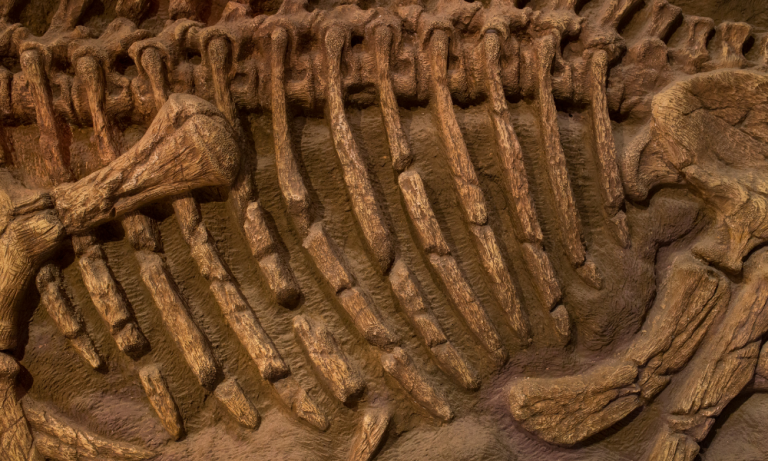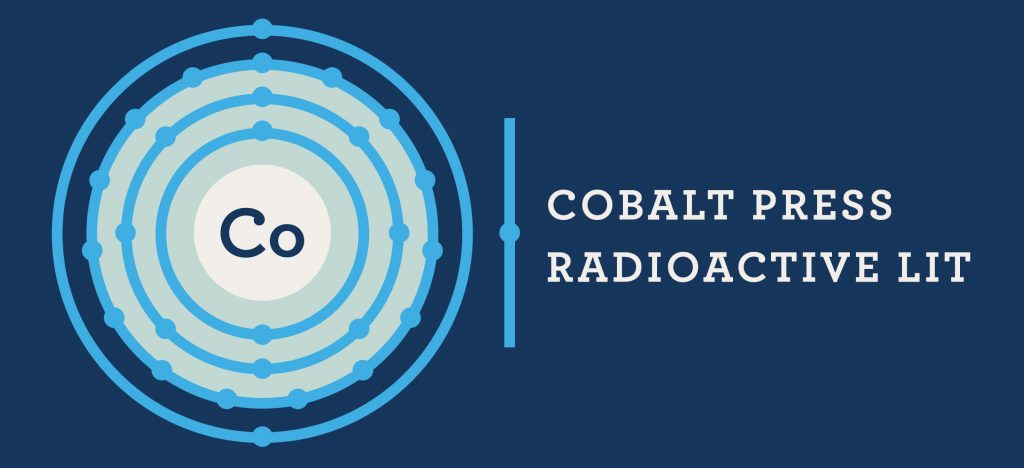CARCASS
The sun keeps flying across the sky from one mountain to another. On this fateful day, we camp at Willow Creek where, fifteen years before, I was conceived. My parents confide that fact to me after several scotches by the heat of the campfire, in a single hushed revelation of their marriage. Maybe they whisper this to me because somehow it fits the timelessness of the setting? Give me some perspective of our human importance…or insignificance? Either way, it makes perfect sense to me that my cells would begin to grow here at Willow Creek, a special place hidden under cover of Cottonwood trees. This new knowledge solidly connects me to the land.
This is Wyoming, a state rich in fossils, where many dinosaurs roamed and pterosaurs flew. Wyoming consists of some of the oldest rocks with one of the youngest mountain ranges in North America: the Tetons. Eras represented here range from Paleozoic to Cretaceous, plenty of geology to pick from. There is even evidence of an interior sea—marine fossils such as brachiopods, clam-like shells, and trilobites. It is easy to believe in the prehistoric past here, that the mountains pushed skyward from some cataclysmic heave below and the hot springs gushed from that same force in the bowels of the earth. We are camping near the Great Divide Basin, and I can almost feel and see how the continents once were joined, then split, a theory my father espouses and that he agreed with long before it became accepted science.
For it is here, millions of years ago, that many dinosaurs and other prehistoric beasts roamed the very ground that is under my sneakered feet. I’m traveling with my family and Dad’s paleontological crew. We have a large group with us, and we are camping at Willow Creek. I haven’t been to Willow Creek in a long time; we’ve been using other camps as bases—Kelly and the Continental Divide, Hell’s Half Acre, Moccasin Basin, and East Fork. I am excited to return to Willow Creek, to the familiar place where I spent so much time when I was a little kid and where, as my parents had confided, my existence began.
After driving for a few miles along the old dirt road, I see the stand of cottonwood trees that surrounds the campsite. Their fluttering green leaves contrast with the dry sagebrush and dirt. We drive down into the groves and finally halt our caravan of trucks after a long day of driving. As the hum of the engines dies, I absorb a sense of peace. I feel the presence of something sacred draped over the trees, like a canopy; the creek has changed its course some, but it still has that same quiet murmur while it polishes stones created eons ago. I take several deep breaths of the sagebrush-scented Wyoming air.
Although it has been a long while since I’ve visited Willow Creek, I know it well because of early childhood summers spent here. I see the creek and remember my desperation as I tried to recover my sneaker when it slipped from my fingers and floated fast and free down the current. My older brother Doug and I improvised fishing poles out of sticks. Although we were amateurs, my father would give us red fish eggs that come in a jar to bait our hooks. After a short time, we would become bored and we’d set our rods against a tree, secure them with a rock, and hope they might somehow snag a fish without our help.
I’m lucky to know that I was conceived in such a fine spot, which I grew to love by spending so much of my childhood here. The wilderness of Wyoming is a long way from New York, where we moved when I was young, where life became more about education, school uniforms and SAT scores, the normal Eastern upbringing in the suburbs gridded with oak trees and blue stone sidewalks. Maybe I am part of this desert badlands terrain, the way a trapeze artist born to the circus feels tied to that life and would never want to let go of it. My longing for this faded, simple life blows from one sagebrush to the next, like tumbleweed, always searching, never landing.
We unpack, and people start to set up cooking and sleeping quarters. We are staying for just one night. Familiar sounds soon overtake the silence. People are busy unpacking the trucks and yelling out to each other, “Where are the beans?” or, “Hey, I think you’ve got my sleeping bag,” and, “Doug, would you go see if you can find the Coleman stoves for me?” Then the booze comes out; field camp is never complete until a few scotches have been poured before dinner. Someone is talking about the drive over the front range of the Rockies. Someone else is starting the fire, around which we will all sit and talk into the starlit night. These folks are veteran field campers. Scientists, geologists, paleontologists, grad students, and us kids.
Then, without a prompt, something inspires me to remove myself from the familiar sounds. I want to be by myself and feel that Wyoming sacred silence again. I walk a few yards away from the camp. The cottonwood trees seem to retain their murmuring voices, as if they don’t want to let go of long-lost company. I walk farther and stand still for a moment. I notice the sound of sheep bells and their baa-ing somewhere in the distance. I look in that direction, but I can’t see the sheep anywhere. They must be blending in with the sagebrush. I walk on.
I notice another cluster of cottonwood trees. They look just like our camp spot, but I don’t recognize them. I walk into this grove and instantly feel an odd weight of air descend upon me. Instinctively, I hold my breath. I can no longer hear the voices or the creek. I stand motionless, and the heavy silence surrounds me, but it is not at all the quiet of our campsite. There is a smell that is near visible, a dankness that weighs the air.
I walk on a little farther and come face to face with the carcass of a cow. I don’t just walk over to this dead cow and look at it, but rather, I feel that this cow and I are meeting one another. I’m not afraid of its deadness, and it doesn’t disgust me. I feel as though the dead cow actually knew I would come there. It almost says to me, “Good evening. I’ve been waiting for you.” The sacred silence gives me the impression that I am the first being to see this cow since it died. The cow was once alive and living like me, and when it was alive, it could not have had the capacity to interpret me. But now that it is dead, I feel it is the only thing or force that can comprehend me. It knows me. I feel at ease with it, almost attached to it. A once hardworking beast, now dead, but somehow all the wiser. I stare at it. Yes, you know all about me. You know about the stillness of everything. You’re dead, and you can laugh. But me, I’m living, and I have to struggle still, against myself, against a thousand things.
The cow has been dead for some time, but it still reeks. I am able to get close to it on the upwind side without suffocating. I pick up a stick and touch it. The insides have all rotted away, but the hide is still intact, sunken between and around the ribs and eye sockets. After another moment, I see that flies are crawling all over it. Their buzzing breaks our silence. Although I could have stood there and stared at it longer, I feel a sudden urge to leave it behind.
I walk back toward the other group of trees, our trees, and I hear the happy, muddled voices drift out and then blend in with the sound of forks, their tines scraping metal camp plates. The group sounds so secure inside that grove of trees. They aren’t thinking about the things that I am. They are eating supper. I hear someone ask where I have been. I don’t answer, but maybe they didn’t really ask in the first place. When I finish my dinner, the sun has disappeared, and it is getting late. After the dishes are done and the fire has died out, I snuggle up inside my old sleeping bag. I lie under the trees, the stars and moon, maybe on the very spot where I began, years ago. I wonder about the dead cow before I fall asleep to the murmur of the creek and the ringing of sheep bells still distant, but now somehow all the more audible.
***
Katharine McKenna’s adventures began in the turrets of the American Museum of Natural History where her father worked for 40 years as a curator. Her childhood was spent searching for dinosaurs and fossils while camping in the wilderness of Wyoming.

